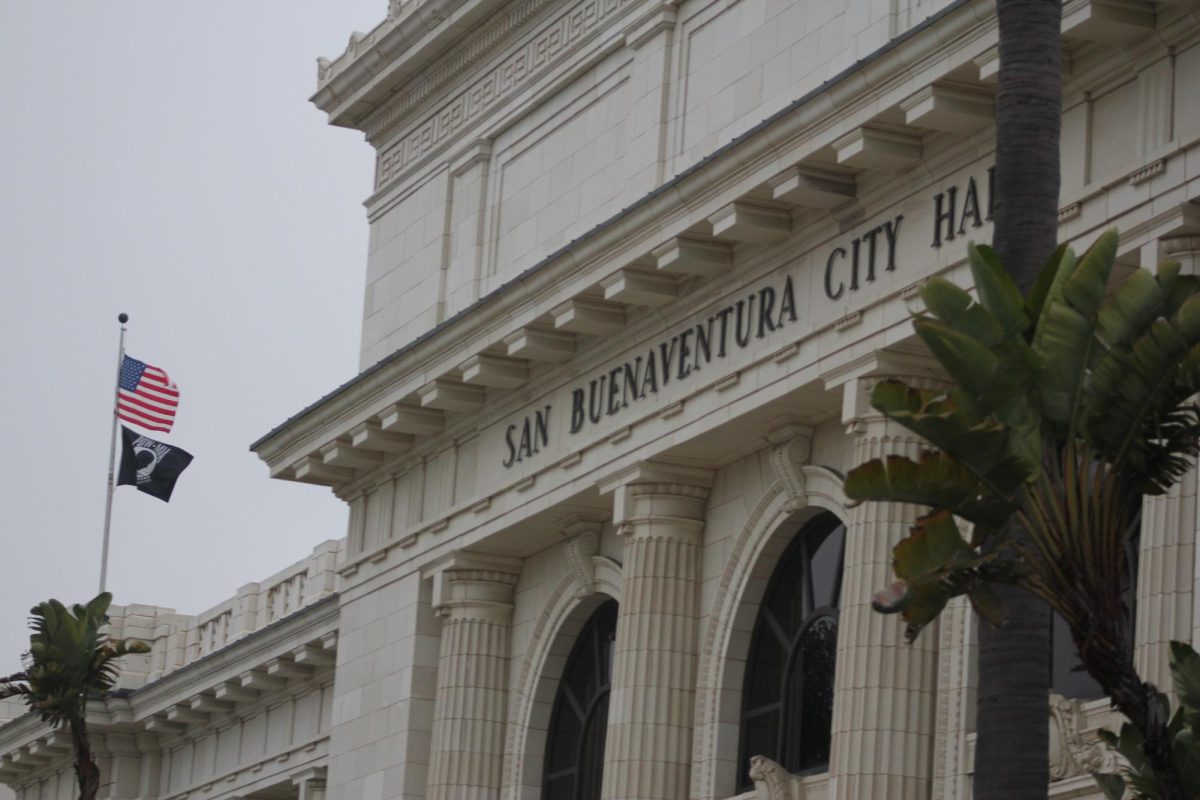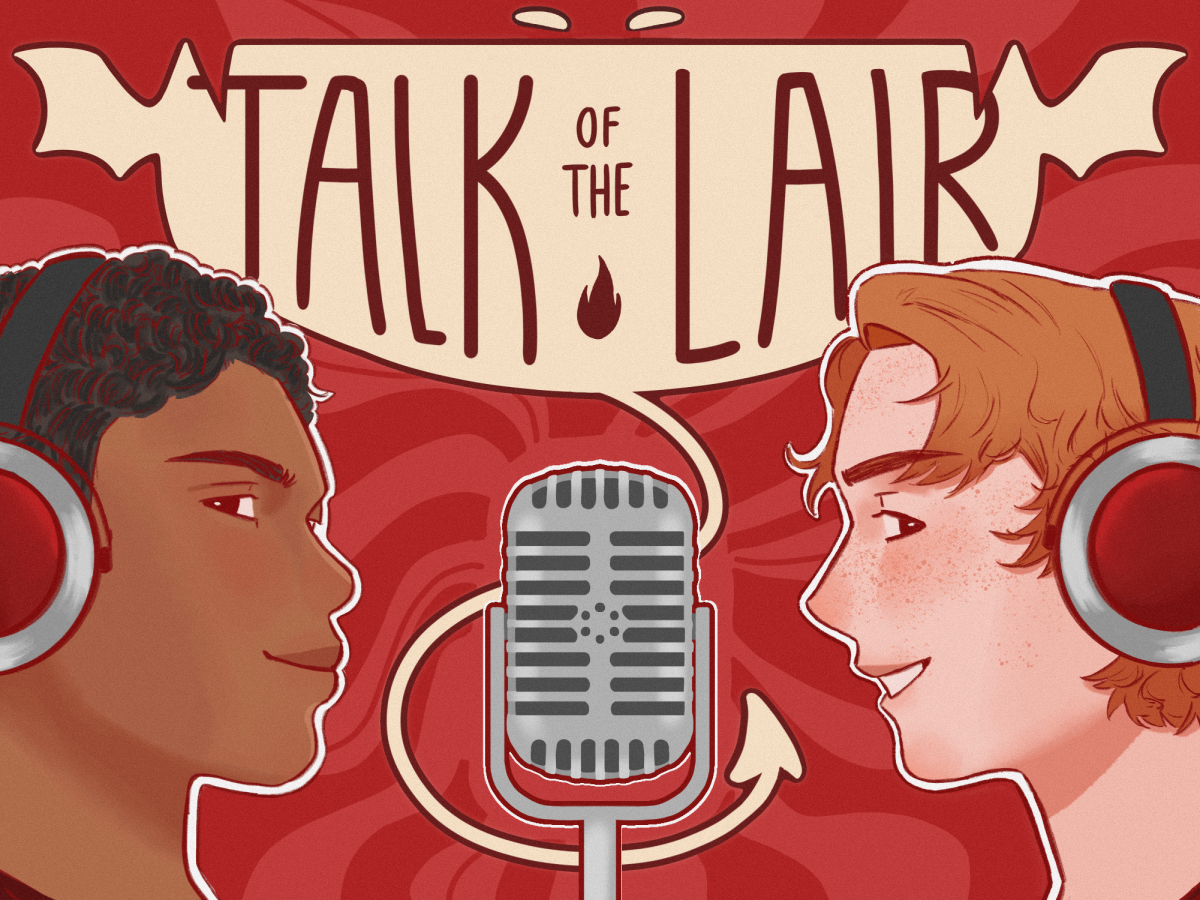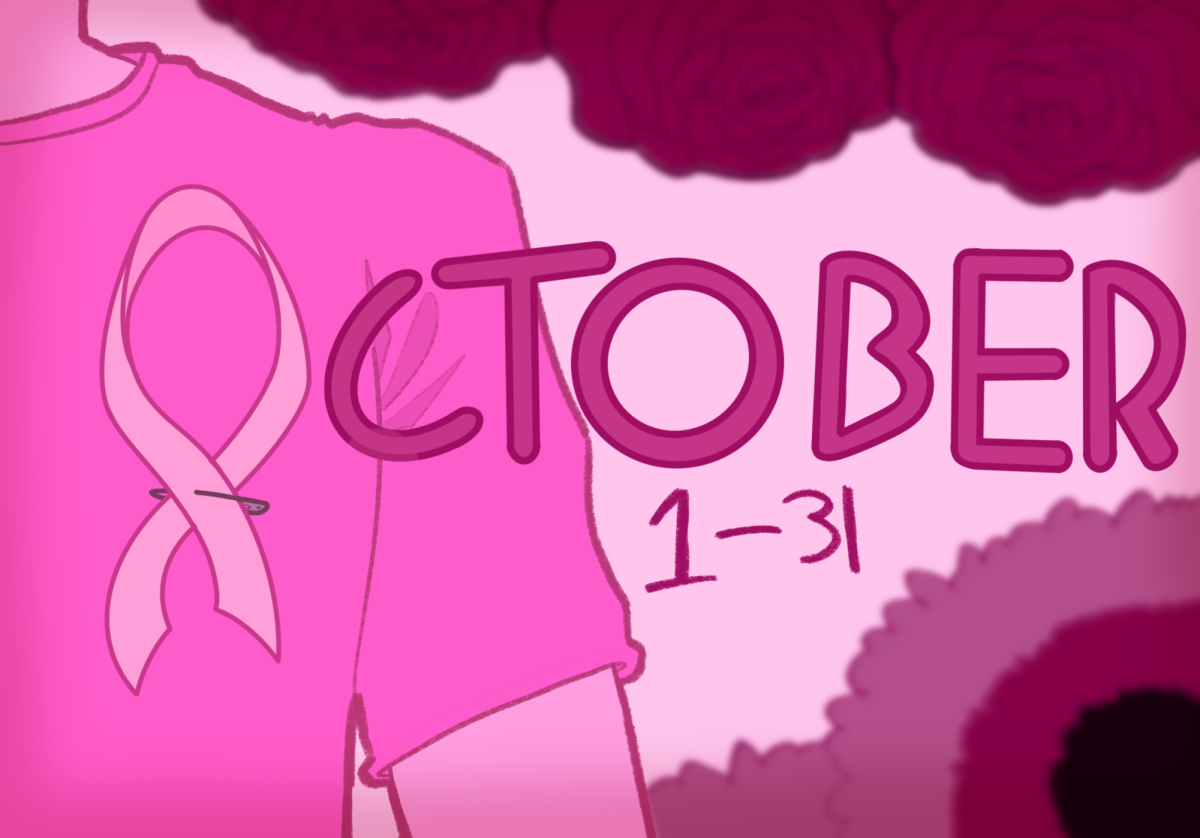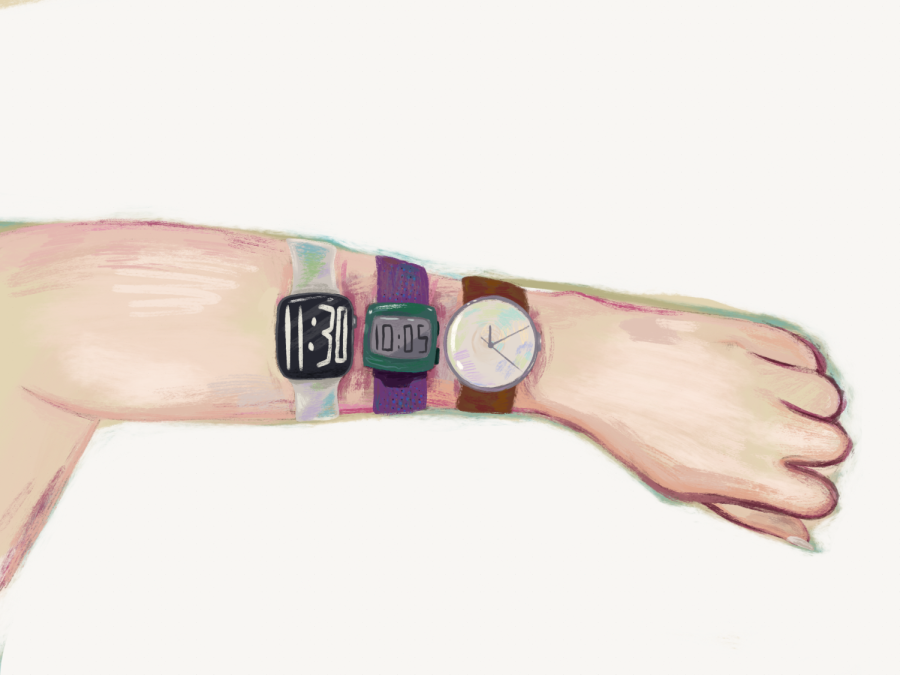“I pledge allegiance, to the flag, of the United States of America…”
For most Foothill students, the last time they had spoke, or even heard those words was middle school. Yet recently the Pledge of Allegiance has made an appearance on Foothill’s campus. It has become a new occurrence to either observe the Pledge of Allegiance, or listen to a “patriotic fact” during the morning announcements.
Like so many topics, the issue of the Pledge of Allegiance has become controversial in Foothill’s halls. The issue stems from the fact that some people choose to dissent and sit during the pledge, while others believe that this action is disrespectful and unpatriotic.
“Dissenters will likely not face ridicule, nor will they enact much change in a situation where the majority of people either already agree with them or support them in their actions.”
First, a brief history of the pledge.
The Pledge of Allegiance was first written by socialist minister Francis Bellamy in 1892. The original wording of the pledge was nondescript, using the language “my flag,” as it was originally intended for use by any person from any nation.
In 1923 the Pledge was altered to include the words “of the United States,” adding specificity. The Pledge was officially adopted by Congress in 1942, and the final addition to the Pledge was made in the year 1954 to include the famous words, “under God.”
A little over a week ago it was announced that patriotic observances would be a daily habit on Foothill’s campus, though during the Pledge of Allegiance several students have chosen to dissent by simply remaining seated. Keeping in mind the recent conversation surrounding Colin Kaepernik, a question is raised as to whether the dissenters are justified, or unpatriotic.
Obviously the people who choose to remain seated are allowed, under their First Amendment rights, to take this action. The more complicated question is whether or not this protest is justified and correct.
I respect anyone who has the courage to stand up (or sit down) for what they believe in, but I question as to whether a student remaining seated accomplishes any change, especially in the already radically liberal environment of Foothill. The stakes are relatively low. Dissenters will likely not face ridicule, nor will they enact much change in a situation where the majority of people either already agree with them or support them in their actions.
This is not to say that people shouldn’t still act according to their beliefs. Though if the intended outcome is to spark change or cause someone to question their own beliefs, this may not be the result given consideration to where these protests are occurring.
We need to not only respect the beliefs of those who choose to protest, but take a lesson from them as well. Too often people are content to simply complain about the state of our nation yet never take action. Agree or disagree with the dissenters, the same cannot be said for them.
Whether their actions make a difference or not, we all need to learn from what patriotism looks like, which is action.
















Dominic • Oct 11, 2016 at 4:01 pm
Beast.